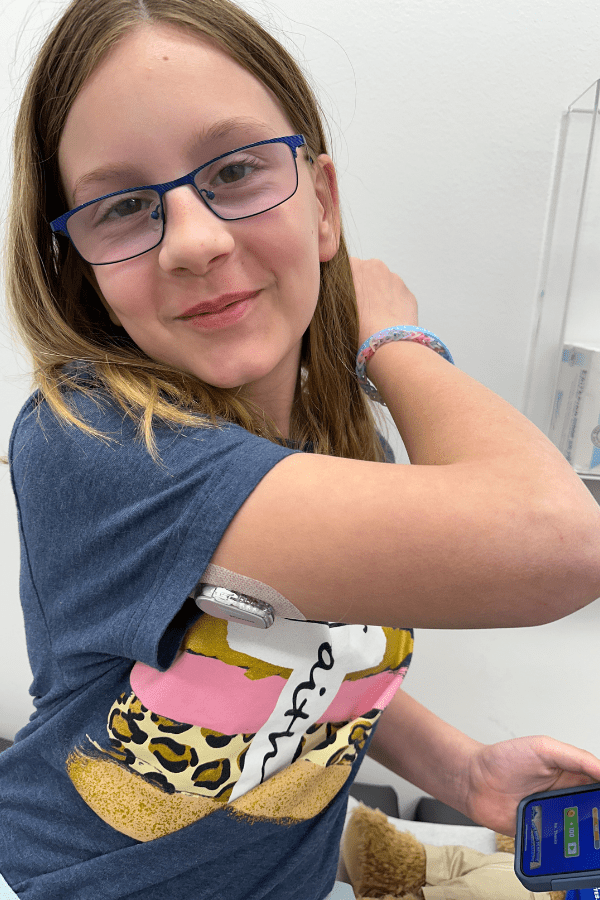The Type 1 diabetes clinical research team at Indiana University School of Medicine is working to advance detection and treatment for people at all stages of diabetes development and progression.
The three main goals of the research team are to prevent disease development in people who are high risk, preserve beta cell function in newly diagnosed patients, and improve quality of life through technology and therapeutics in persons with established diabetes.



